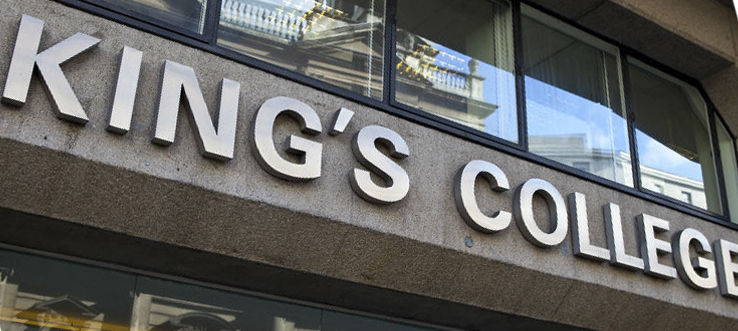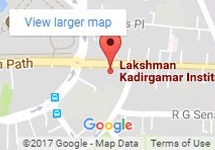
Reading Time: < 1 min read
Image Credit – chrisdorney / depositphotos
Dr. Dinusha Panditaratne, LKI’s Executive Director, made an invited presentation at a seminar at the Lau China Institute at King’s College London on “Strategic engagement with the Belt and Road Initiative: Sri Lanka’s Experience” on 11 October 2017.
Dr. Panditaratne noted that Sri Lanka’s fortunate geographical position and multiple deep water ports have made it attractive to external powers — most recently to China, which has identified the island as a key point on its Belt and Road Initiative (BRI). Despite its natural advantages, however, political factors have stymied Sri Lanka’s economic progress. A landmark coalition government since 2015 has made headway but governance issues persist, and post-war reconciliation remains a critical objective.
Dr. Panditaratne observed that the BRI carries great economic promise for Sri Lanka but that public trust in the value of BRI investments in Sri Lanka will require greater transparency and an attention to environmental, labour, and other normative concerns. Similarly, realising the BRI’s economic promise will depend on sustained progress in post-war reconciliation. The presentation discussed a few challenges that have arisen with Chinese investments in Sri Lanka. It highlighted why it is advantageous for all parties to insist on transparency and good governance in Sri Lanka, and to support a lasting national reconciliation.
The seminar was attended by BRI experts, academics, and students from King’s College London, the School of Oriental and African Studies (SOAS) at the University of London, the University of Southampton, and the City University of London.



